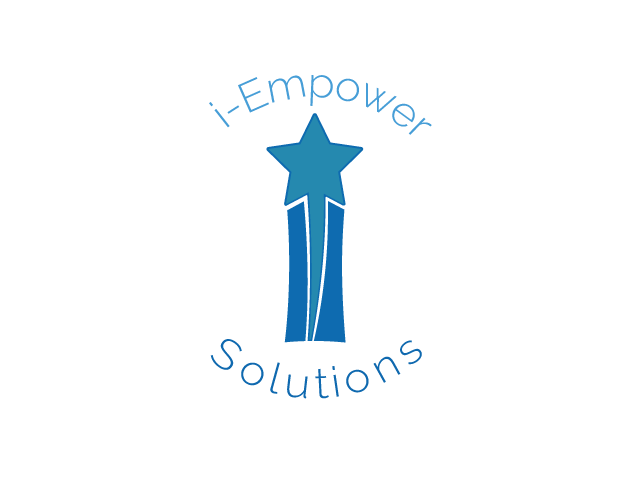Gathering and Conversation
On Sunday, I had the opportunity to attend a Youth Mental Wellness Fair in Livingston, NJ. This event was sponsored by Shiv’s Third Eye, which is a foundation to support mental health and suicide prevention in youth. This wonderful organization was created in remembrance of Shiv, a 14-year-old boy who took his own life due to his depression and struggles with being part of the LGBTQIA+ community. At this event, there were many tables representing various organizations to help those who struggle with mental illness, as well as panels. Although it was for a somber cause, it was a vibrant event filled with awareness and acceptance. As I was walking around, I thought about the importance of gathering people and discussing this.
When we hear words like anxiety, depression, stress, and hopelessness, some tend to think about adults with the demands of grown-up life. The reality is that children and teens are impacted by mental health, too. Often, mental illness surfaces in childhood, but it’s disregarded as “bad behavior” or “a phase.” We also still have a problem with stigma, which can prevent us from seeking help for kids. Seeing people discussing this and services to help those in need was refreshing. Sometimes, children need therapy, too; catching these issues young can help prevent consequences like addiction, unemployment, poor quality of life, and even suicide.
Some of the tables at the event were NAMI, NJ, Mental Health Association of New Jersey, Psychological & Educational Consulting, Quiet CBT, among other practices, and music and pet therapy! The event had a wide variety of services to help people struggle with various issues in life. These were places that offered different therapies for all other age groups. It involved many different perspectives and approaches to understanding what happens in the mind. Organizations and practices like this are a reminder that help is always available.
It’s so important that we come together and have these conversations. If we can talk about mental health like this, we can reduce a lot of the shame around struggling. As a society, sometimes we have to have difficult conversations. We must understand what mental health can look like. We have to realize that these issues can impact anyone at any time in their lives. It doesn’t matter how good someone’s life may seem; they can still struggle. Mental health is not a result of weakness, bad parenting, laziness, lack of motivation, or bad attitude; it’s a brain difference we must continue to understand. I’m happy there are events and conversations like this; we must keep it up and work towards that positive change!
